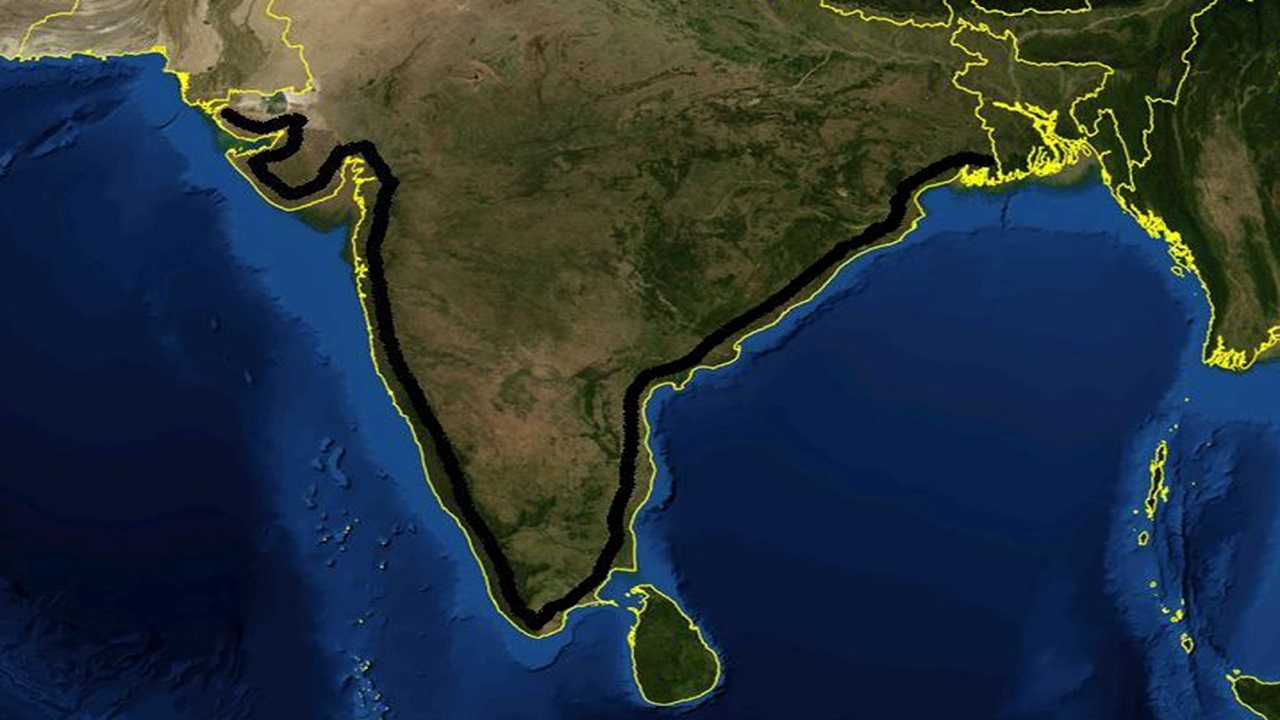The Silent Attack on India’s Right to Information
Context : The Right to Information (RTI) Act, now in its 20th year, is facing significant challenges and backlash, particularly from those who utilize it to promote transparency.
Background: The RTI Act has been instrumental in uncovering corruption and exposing issues such as the opaque nature of the electoral bonds scheme. It has empowered citizens to hold those in power accountable, but recent developments indicate a deliberate effort to weaken the law.
Key Issues:
-
Vacant Posts & Dysfunctional Commissions:
The RTI Act is being undermined by governments failing to appoint information commissioners. According to a 2023-24 report by the Satark Nagrik Sangathan (SNS), a transparency watchdog, seven of 29 information commissions in India were non-functional in 2023-24. For example:- Jharkhand’s commission has been inactive for over four years.
- Tripura’s for three years.
- Telangana’s for 1.5 years.
- Maharashtra faces over 1 lakh pending cases, with six out of 11 commissioner positions vacant.
- The Central Information Commission (CIC) has eight of its 11 posts vacant.
- Across India, more than 4 lakh appeals and complaints remain unresolved.
-
Ineffective Appointments:
Many commissioners appointed are retired bureaucrats or individuals with political connections, often reluctant to challenge violations of transparency. The SNS report highlights that 95% of cases that warranted penalties saw no action, sending a signal that breaking the law carries no consequences. This undermines the core incentive structure of the RTI Act, promoting a culture of impunity and frustrating applicants seeking information. -
Regressive Amendments:
The Act has been further weakened by amendments, such as:- 2019 Amendment: It gave the central government control over commissioners' tenure, salaries, and benefits, reducing their autonomy.
- Digital Personal Data Protection (DPDP) Act, 2023: This law expanded the exemption for personal information, effectively barring access to it under the RTI Act. The amendment broadens section 8(1)(j), previously used to protect privacy only in cases where the information sought was unrelated to public interest or where disclosure would cause an unwarranted invasion of privacy. Additionally, a provision ensuring citizens’ right to information on par with MPs and MLAs was removed.
-
Threats to RTI Activists:
According to Transparency International India, nearly 100 people have been killed for using the RTI Act, with many others assaulted or threatened. The Whistleblowers Protection Act, passed in 2014 to protect such individuals, remains non-operational due to the absence of implementation rules.
Erosion of Democracy:
- The RTI Act has been a cornerstone of empowering citizens and reshaping the relationship between the government and the public. Weakening the RTI Act, either through administrative inaction or regressive amendments, directly threatens India's democratic fabric.




Comments (0)